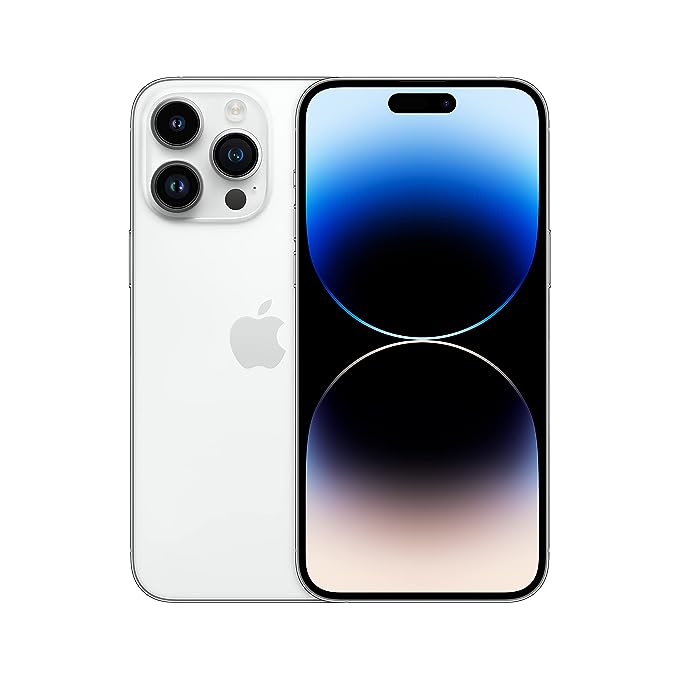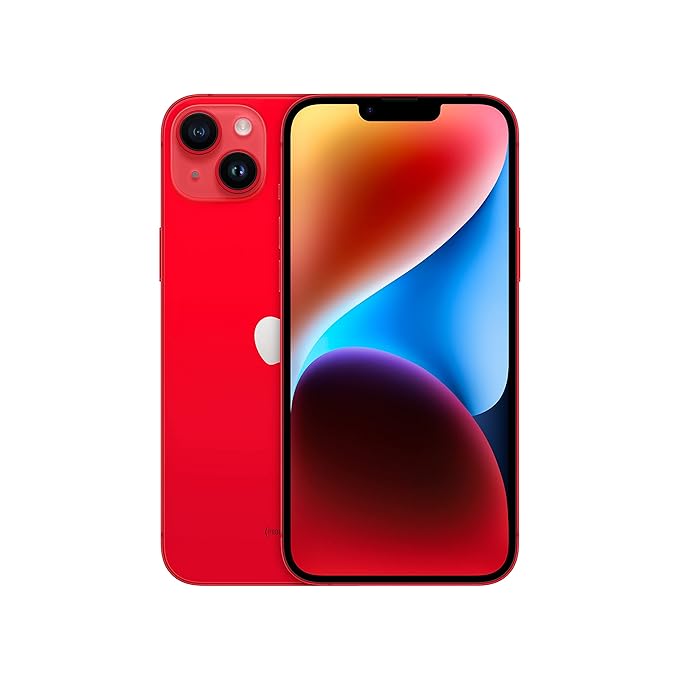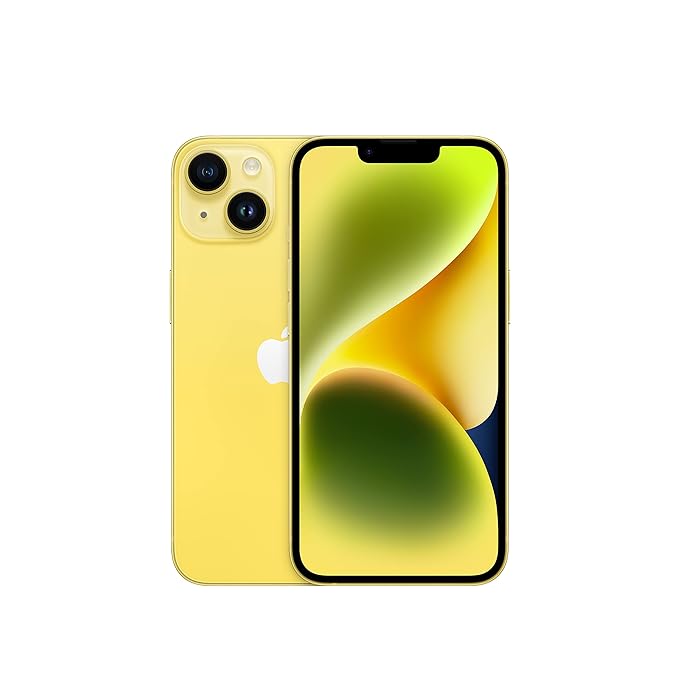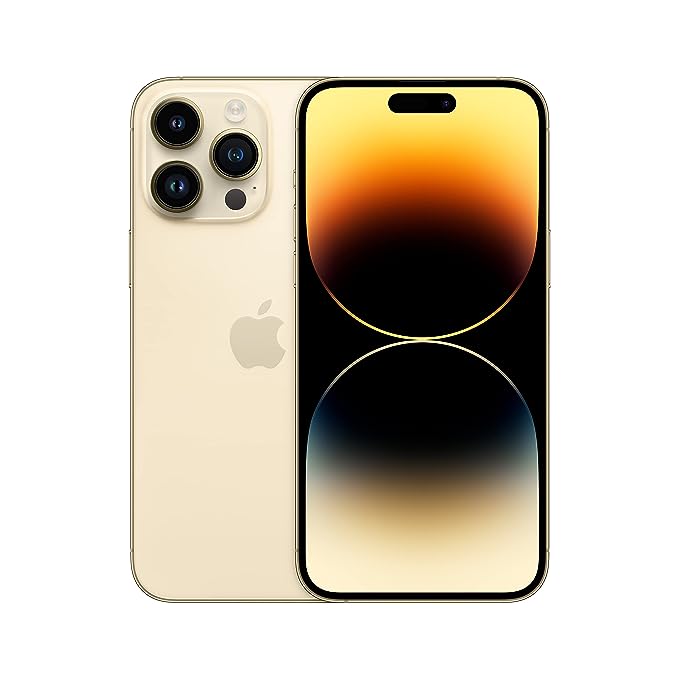Apple Phones: A Perfect Blend of Performance, Design, and Everyday Comfort
Apple Phones, popularly known as iPhones, have become one of the most trusted and loved smartphones across the world. From premium design to smooth performance and long-term reliability, Apple phones are designed to make everyday life simpler, smarter, and more enjoyable. Whether you use your phone for work, entertainment, photography, or staying connected with loved ones, Apple phones deliver a balanced and refined experience.
Apple focuses not just on powerful hardware, but also on how users feel while using their devices. Every feature is designed with attention to detail, ensuring comfort, security, and ease of use. This is why Apple phones are often considered a long-term investment rather than just another smartphone.
Why Apple Phones Are So Popular
Apple phones have earned their popularity through consistency and trust. Users know what to expect when they choose an iPhone—reliable performance, smooth software updates, and a premium experience that lasts for years.
Apple’s strength lies in how well its hardware and software work together. This deep integration allows iPhones to run smoothly even after years of use. For many users, this reliability makes Apple phones a preferred choice for both personal and professional use.
People love Apple phones for ✔️ smooth performance ✔️ premium design ✔️ long software support ✔️ strong security ✔️ user-friendly experience.
Premium Design That Feels Special
One of the first things you notice about Apple phones is their elegant design. iPhones are crafted using high-quality materials and a clean, minimal look that feels premium in the hand. The design is not just about appearance—it is about comfort and durability as well.
Apple phones are designed to feel balanced, making them comfortable for long hours of use. The attention to detail in buttons, screen edges, and overall build quality reflects Apple’s commitment to a refined user experience.
This results in ✔️ stylish appearance ✔️ comfortable grip ✔️ durable build ✔️ timeless design that doesn’t feel outdated quickly.
Smooth and Powerful Performance
Apple phones are known for their fast and smooth performance. Whether you are switching between apps, playing games, editing photos, or multitasking, iPhones handle everything effortlessly. The performance feels consistent, even after long-term use.
This smoothness is especially noticeable in daily activities like scrolling, video calls, and using social media apps. Apple optimizes every part of the system to ensure the phone responds instantly to user actions.
Users enjoy ✔️ lag-free performance ✔️ smooth app transitions ✔️ reliable multitasking ✔️ consistent speed over time.
iOS: Simple, Clean, and User-Friendly
Apple phones run on iOS, an operating system designed to be simple and intuitive. Even first-time smartphone users find it easy to navigate and understand. The interface is clean, organized, and free from unnecessary clutter.
iOS is also known for regular updates, which keep Apple phones secure and up to date for many years. These updates often bring new features and improvements, making older iPhones feel fresh again.
With iOS, users benefit from ✔️ easy navigation ✔️ regular software updates ✔️ strong privacy controls ✔️ smooth overall experience.
Camera Quality You Can Trust
Apple phones are widely appreciated for their camera performance. iPhones are designed to capture natural-looking photos and videos with minimal effort. Whether you are taking pictures in daylight, low light, or recording videos, Apple phones deliver consistent results.
The camera experience is simple yet powerful, making it suitable for everyday photography as well as content creation. Many users rely on iPhones for social media, video calls, and personal memories.
Camera advantages include ✔️ clear and sharp photos ✔️ reliable video recording ✔️ natural colors ✔️ easy-to-use camera interface.
Battery Life That Supports Daily Use
Apple phones are built to support daily routines without constant charging worries. Battery performance is optimized through software and hardware integration, allowing users to get through workdays, travel, and entertainment comfortably.
While usage patterns vary, Apple phones are designed to manage power efficiently, ensuring stable battery performance over time.
Users appreciate ✔️ optimized battery usage ✔️ reliable daily performance ✔️ smooth power management ✔️ dependable charging experience.
Security and Privacy at the Core
One of the biggest strengths of Apple phones is their focus on privacy and security. Apple designs its devices to protect user data and give users control over their personal information.
Features like secure unlocking, app permissions, and privacy settings help users feel confident while using their phones for payments, communication, and online activities.
This focus results in ✔️ strong data protection ✔️ secure device access ✔️ controlled app permissions ✔️ peace of mind for users.
Seamless Ecosystem Experience
Apple phones work seamlessly with other Apple products, creating a connected ecosystem. Whether it’s laptops, tablets, or wearable devices, Apple phones integrate smoothly, making daily tasks easier and faster.
This ecosystem allows users to switch between devices effortlessly, share files, and stay connected across platforms.
The ecosystem offers ✔️ smooth device connectivity ✔️ easy data sharing ✔️ consistent user experience ✔️ enhanced productivity.
Ideal for Work, Study, and Entertainment
Apple phones are versatile and adapt well to different lifestyles. Students use them for learning, professionals rely on them for work communication, and families enjoy them for entertainment and staying connected.
From video calls and emails to streaming and gaming, Apple phones handle a wide range of activities with ease.
They are suitable for ✔️ students ✔️ professionals ✔️ content consumers ✔️ everyday users.
Long-Term Value and Reliability
One of the reasons many users choose Apple phones is their long-term value. iPhones receive software updates for several years, which means they remain usable and secure longer than many other smartphones.
Their strong build quality and consistent performance make them a smart long-term investment.
This provides ✔️ long device lifespan ✔️ stable resale value ✔️ reliable daily use ✔️ continued software support.
Who Should Buy Apple Phones?
Apple phones are ideal for users who value simplicity, performance, and reliability. They are well suited for people who want a smartphone that works smoothly without constant troubleshooting or frequent replacements.
If you prefer a clean interface, dependable performance, and a premium feel, Apple phones are a great choice.
Final Thoughts
Apple Phones represent a thoughtful balance of technology and user comfort. They are designed not just to perform well, but to feel good in everyday use. With premium design, smooth performance, reliable cameras, strong security, and long-term software support, Apple phones continue to be a trusted companion for millions of users worldwide.
Choosing an Apple phone means choosing reliability, ease of use, and a smartphone experience that grows with you over time—making everyday moments simpler, smoother, and more enjoyable.
Frequently Asked Questions (FAQ) – Apple Phones
1. What are Apple phones best known for?
Apple phones are best known for their smooth performance, premium design, long software support, and strong focus on security and privacy. They are designed to deliver a reliable and user-friendly experience for everyday use.
2. Are Apple phones suitable for everyday use?
Yes, Apple phones are ideal for everyday use. They handle calling, messaging, browsing, social media, video streaming, and multitasking smoothly, making them suitable for users of all age groups.
3. Are Apple phones good for students and professionals?
Absolutely. Students benefit from ease of use and long battery optimization, while professionals rely on Apple phones for emails, video calls, productivity apps, and secure communication.
4. How is the camera quality on Apple phones?
Apple phones are known for consistent and natural-looking camera results. They capture clear photos and stable videos, making them suitable for daily photography, video calls, and content creation.
5. Do Apple phones receive long-term software updates?
Yes, Apple phones receive software updates for many years. These updates improve security, add new features, and help the device stay relevant and smooth over time.
6. Are Apple phones safe and secure to use?
Yes, security and privacy are key strengths of Apple phones. They include secure unlocking options, strong data protection, and privacy controls that allow users to manage app permissions easily.
7. Is iOS easy to use for new users?
Yes, iOS is simple and intuitive. Even first-time smartphone users find it easy to navigate due to its clean interface and straightforward settings.
8. How is the battery performance of Apple phones?
Apple phones are designed with optimized battery management. They provide reliable performance for daily use, supported by efficient software that helps manage power consumption.
9. Do Apple phones work well with other Apple devices?
Yes, Apple phones integrate seamlessly with other Apple products. This allows easy file sharing, smooth connectivity, and a consistent experience across devices.
10. Are Apple phones worth buying?
Yes, Apple phones are worth buying for users who value performance, reliability, security, and long-term usability. Their premium build, smooth software experience, and extended support make them a strong long-term investment.




